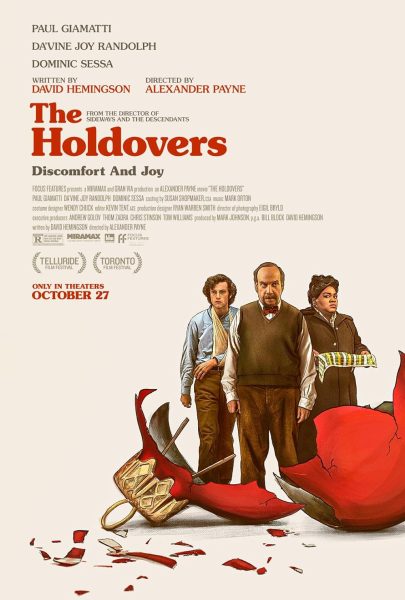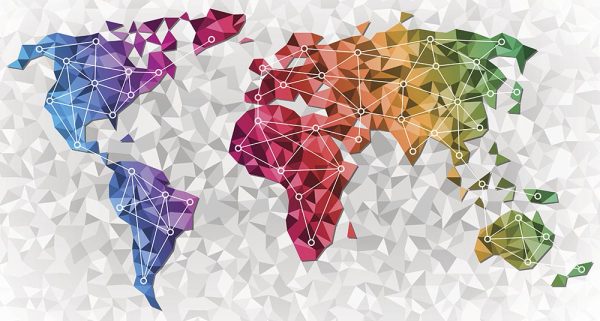Op-Ed: Why Marijuana Should Be Legalized Throughout the United States
February 21, 2018
When many people think of marijuana they picture a highly addictive drug that can severely harm and even kill people.
This is the main argument made for keeping it illegal, but it is has become less convincing as scientists have done more research and learned about the impact of the substance on people and society as a whole.
In regards to the dangers of marijuana, there are obvious drawbacks. Short-term, people experience impaired memory, focus, and coordination, which can potentially lead to car accidents. In addition, breathing problems are possible in those who smoke it long-term. However, these dangers are not unique to marijuana and are even more pronounced in other substances or activities.
Alcohol use has also been linked to impaired memory, focus, and coordination. In addition, frequent use may lead to liver disease and nerve damage, as well as mouth and throat cancer. To top it all off, 88,000 people die per year in the U.S. due to alcohol poisoning. No one has ever died of a marijuana overdose.
Another public health issue is obesity, commonly caused by overconsumption of unhealthy food, especially fast food. Obesity often leads to heart disease, a killer of over 610,000 people per year in the U.S., accounting for nearly one in four deaths.
Distracted driving involving electronics led to nearly 400,000 injuries and 4,000 deaths in 2015. Alcohol-related crashes led to nearly 10,000 deaths.
It appears that alcohol, fast-food, and cell phones are all extremely deadly! Why don’t we ban all of these things?
See how ridiculous this sounds? No one is considering banning any of these things outright, and the same logic should be applied to marijuana. Just as it is illegal to drive under the influence of alcohol (most states also ban texting while driving), it should be illegal to drive under the influence of marijuana, but we shouldn’t ban the drug outright.
This isn’t the only issue brought up by people who oppose the legalization of marijuana. Many people have the perception that marijuana is a “gateway drug” that leads to the consumption of even more dangerous substances.
The term gateway drug itself is highly misleading, because it implies that marijuana use opens up a gateway to other drugs. It is true that most people who use hard drugs also previously used marijuana, but very few people who use marijuana actually go on to use hard drugs. This is where the phrase “correlation does not imply causation” comes from.
The gateway doesn’t lie in marijuana, it lies in the marijuana dealer. Dealers that sell the drug often sell other drugs and may convince their clients to try substances such as cocaine, heroin, ecstasy, and methamphetamine.
If marijuana were to be legalized, taxed, and regulated, recreational users would be able to acquire it from licensed cannabis dispensaries that are required by law to label their products, listing details such as THC content, and the various chemicals inside.
No longer will people overdose on synthetic marijuana (which sometimes contains chemicals and drugs not in natural marijuana) or be coerced into trying much more harmful drugs. At worst, very few people will. Legal dispensaries will sell natural marijuana, which, as stated earlier, no one has even overdosed on.
These aren’t the only benefits of legalizing marijuana. It would also be great for the economy and could potentially reduce crime. Colorado made over $500 million in tax revenue in the first three years after legalizing marijuana, and a New Frontier Data study states that legalization throughout the country could generate over $130 billion in tax revenue over eight years. In addition, legalization could add 700,000 jobs immediately and 1.1 million by 2025.
From the perspective of crime, law enforcement would be freed up from arresting nonviolent marijuana users to stop more significant crimes, such as robbery, human trafficking, and murder. The United States has by far the largest prison population in the world and it certainly doesn’t need to add more people whose only crime was lighting a joint.
Additionally, legalizing marijuana would weaken drug cartels that rely heavily on dealers in the United States. After years of fighting the Drug War, it seems that the better solution would be to eliminate the black market that the cartels thrive in.
Furthermore, without the threat of going to jail, more people will seek treatment for dependence. So, hopefully, the 9% of marijuana users that do become addicted will be able to seek treatment without fear of punishment.
So to sum up, legalizing marijuana would:
- Eliminate the gateway to more harmful drugs
- Prevent overdoses on synthetic marijuana
- Create 1.1 million jobs and generate $130 billion in tax revenue
- Free up law enforcement to focus on more serious crimes
- Reduce the influence of drug cartels
- Remove the stigma of receiving treatment for addiction
That’s not to say marijuana is healthy. There are much better ways to reduce pain and stress, and we should acknowledge that while still realizing that the benefits of marijuana legalization significantly outweigh the harms.












